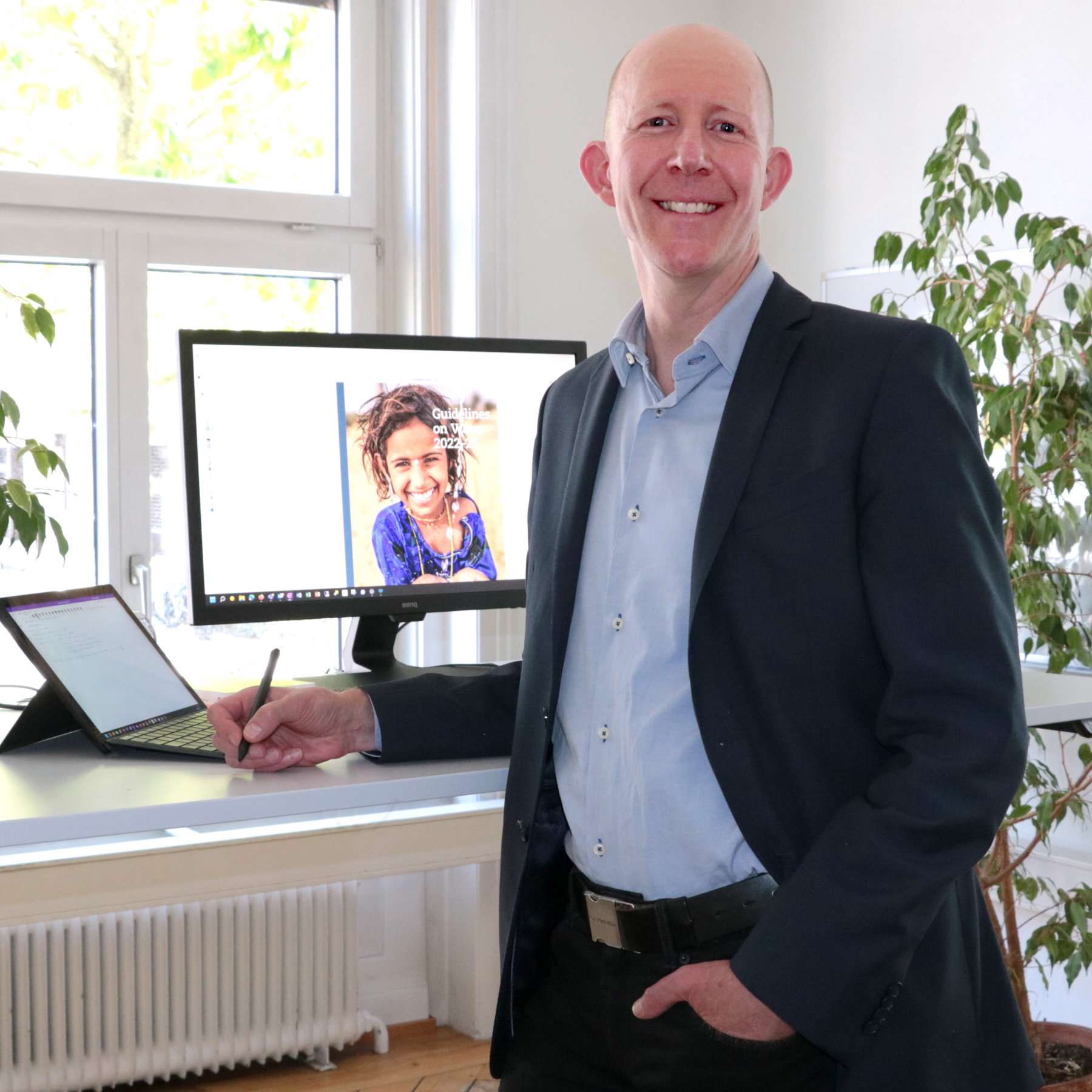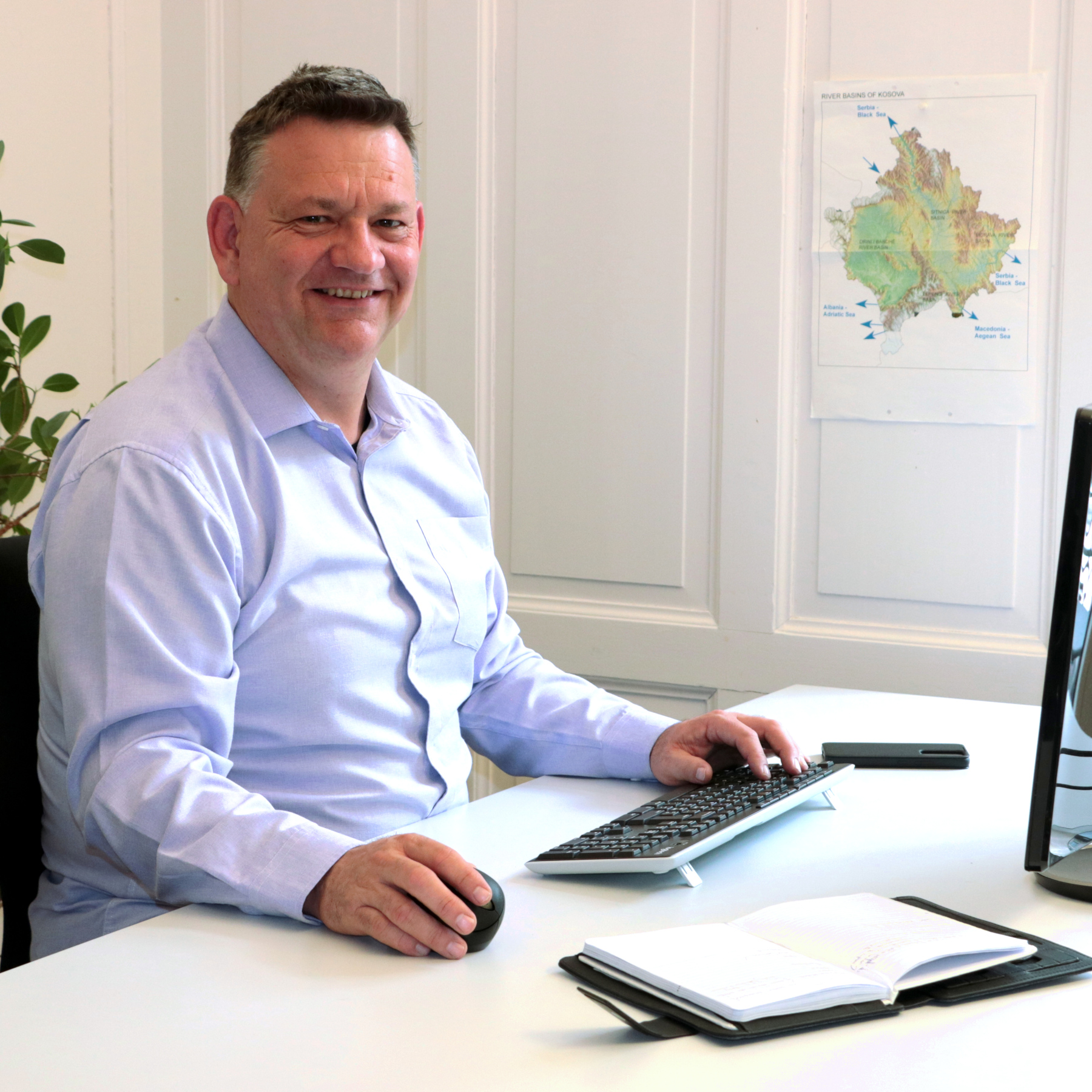
Support mandate of Project evaluation Global Environment Facility (GEF)
Location
Switzerland
project period
January 2022 — December 2026
client
Bundesamt für Umwelt BAFU
Services provided
Consultancy
Partner organisation
INFRAS AG (the lead organisation and Skat serving as partner in this case)
This mandate provides technical expertise to support the Swiss constituency in the Global Environment Facility (GEF) Executive Council. The service ensures that key GEF projects and programs across all focal areas (climate, biodiversity, desertification, chemicals, international waters) are reviewed by additional specialists with international environmental project knowledge, enabling the Swiss delegation to contribute to high-quality GEF initiatives through informed assessments and positions.
Background
The Global Environment Facility (GEF), established in 1991 with 184 member states, serves as the official financial mechanism for major global environmental agreements including the UNFCCC, Paris Climate Agreement, CBD, UNCCD, Stockholm Convention, Minamata Convention, and Montreal Protocol. The GEF supports projects across five focal areas (climate change, biodiversity, chemicals and waste, desertification, and international waters) through grants, concessional loans, and guarantees, with current investment capital of USD 4.1 billion.
Switzerland holds a seat on the GEF’s 32-member Executive Council, uniquely representing a constituency of both developing and industrialized countries. This seat is jointly held by the Federal Office for the Environment (FOEN) and the Swiss Agency for Development and Cooperation (SDC). To fulfill its council responsibilities and make informed project approval decisions, FOEN requires scientifically sound project evaluations from experts across the GEF's various focal areas and integrated programs.
Assignment, Service Description
Support of the Swiss constituency with high-quality and comprehensive technical expertise, particularly reviewing and assessing key projects and programs across all GEF focal areas. Key tasks include:
- Assessment of selected programs and projects at concept stage (PIF) across all GEF focal areas and integrated programs, drafting written Swiss positions (project selection in consultation with the contracting authority)
- Periodic commentary and research on GEF Executive Council project, policy and other documents
- Complete documentation of all assessed PIFs and documents
- Occasional targeted assessments of projects from other environmental funds
Assessments and improvement recommendations should consider: project/program quality and sustainability from environmental and development perspectives; alignment with GEF guidelines and recipient country strategies; integration with similar activities in project regions; international cooperation standards; and incorporation of FOEN and SDC department comments.


